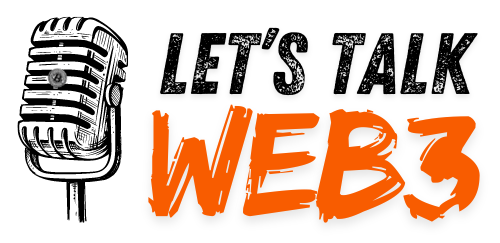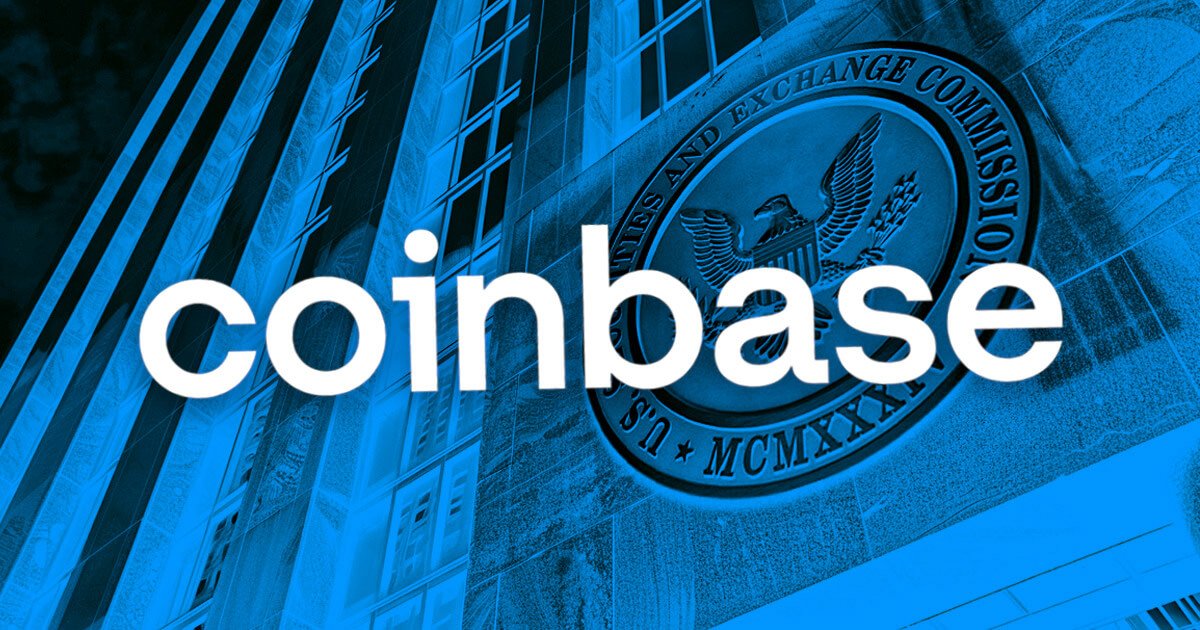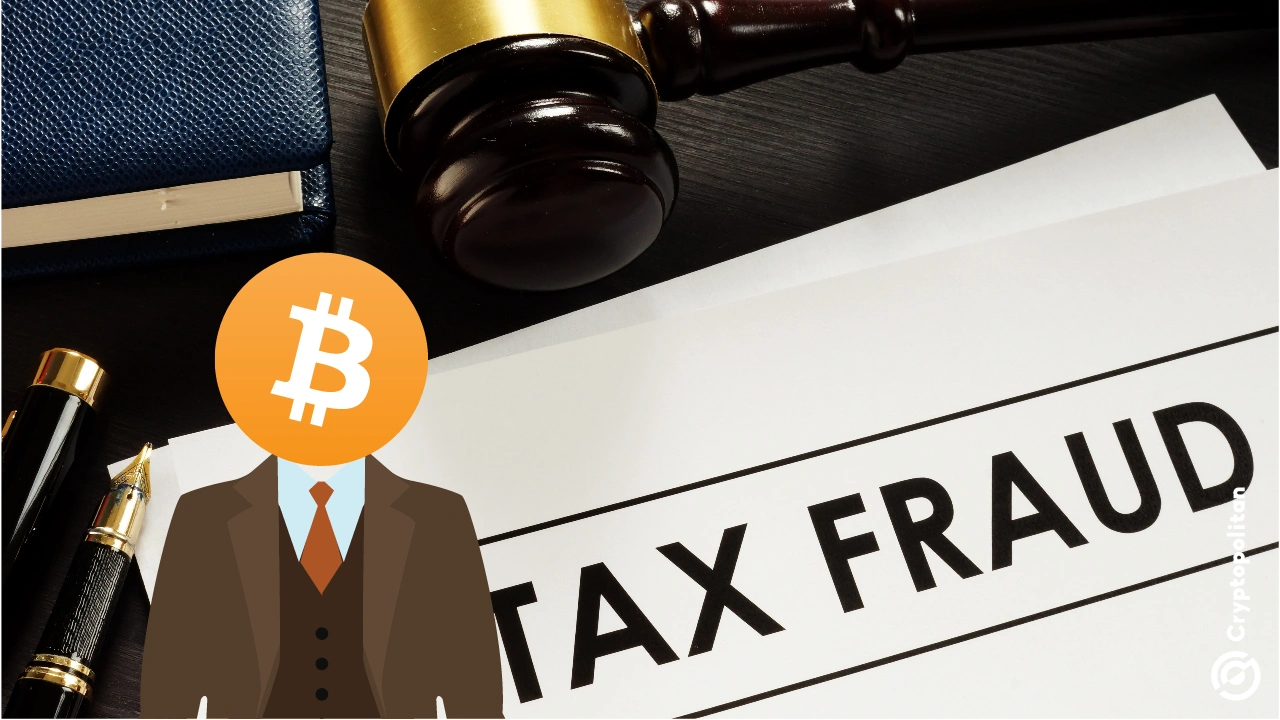Crypto exchange Coinbase secured a partial victory in federal court this week in its ongoing legal battle with the U.S. Securities and Exchange Commission (SEC).
In a filing dated Sept. 5, the US District Court for the Southern District of New York, Judge Katherine Failla partially granted Coinbase’s motion to compel the SEC to hand over documents related to the agency’s categorization of crypto tokens as securities.
In an X post, Coinbase chief legal officer Paul Grewal noted that the order would force the SEC to produce “important discovery” in the civil case.
Coinbase has been embroiled in a legal battle with the SEC since the regulator filed an enforcement action against it in June last year. The SEC alleged that Coinbase violated securities laws by operating as an unregistered exchange, broker, and clearing agency.
In July, Coinbase filed a motion to compel discovery, alleging that the agency had failed to hand over materials that form the very basis of its defense in the case. This includes documents concerning “tokens and services and the application of the securities laws to digital assets.” Basically, it refers to documents pertaining to how the Howey Test is applied to crypto tokens by the agency.
The exchange also asked for documents related to the deliberation of Coinbase’s initial public offering, and statements made by Chair Gary Gensler on crypto.
In August, the SEC argued that Coinbase’s requests were too broad and that the firm was attempting to access documents that had no bearing on the case.
Judge partially curbs the reach of Coinbase’s subpoena
In June, Coinbase had served a subpoena to Gensler to produce his private emails that Coinbase claimed were crucial to the ongoing case. The documents in question dated back to 2017, four years before he was sworn in as chairman of the SEC in 2021.
The exchange later amended its subpoena to include only documents dated since his swearing-in ceremony. However, Coinbase dropped its request for Gensler’s personal communications “on the basis of an explicit representation that SEC counsel made to Judge Failla herself,” Grewal told The Block.
Grewal further explained that the SEC allegedly “under penalty of perjury for all practical purposes” swore to the judge that Gensler never used personal communication modes to conduct SEC business. This forced the exchange to abandon the pusuit of the documents, Grewal added.
Coinbase had requested that the SEC conduct a preliminary search of non-enforcement files and provide a report on any relevant findings, to address the SEC’s unfounded burden claims. This request was directed at top SEC leadership as well as current and former SEC commissioners. In response, the agency had proposed producing the search results for five staff members, an anonymous source told The Block.
The judge, however, ordered the SEC to expand its search but did not concede to the Coinbase’s request to the fullest degree. For instance, the judge excluded present and former commissioners from the list. Furthermore, in her order, the judge granted the SEC’s motion to “permanently file under seal” certain redactions.
The anonymous source added that the SEC only has to hand over internal documents that have external attachments.
Grewal further stated:
“While it may be the case that we withdrew one particular request, and the judge recognized certain reasonable limits, this was an order granting the heart of the discovery that we have been seeking for months.”
Judge Failla’s order came the same day that another federal judge gave the green light to proceed with a class action lawsuit against Coinbase. The lawsuit alleges that the exchange has downplayed the risks of its ongoing lawsuit with the SEC to its users.
Mentioned in this article





